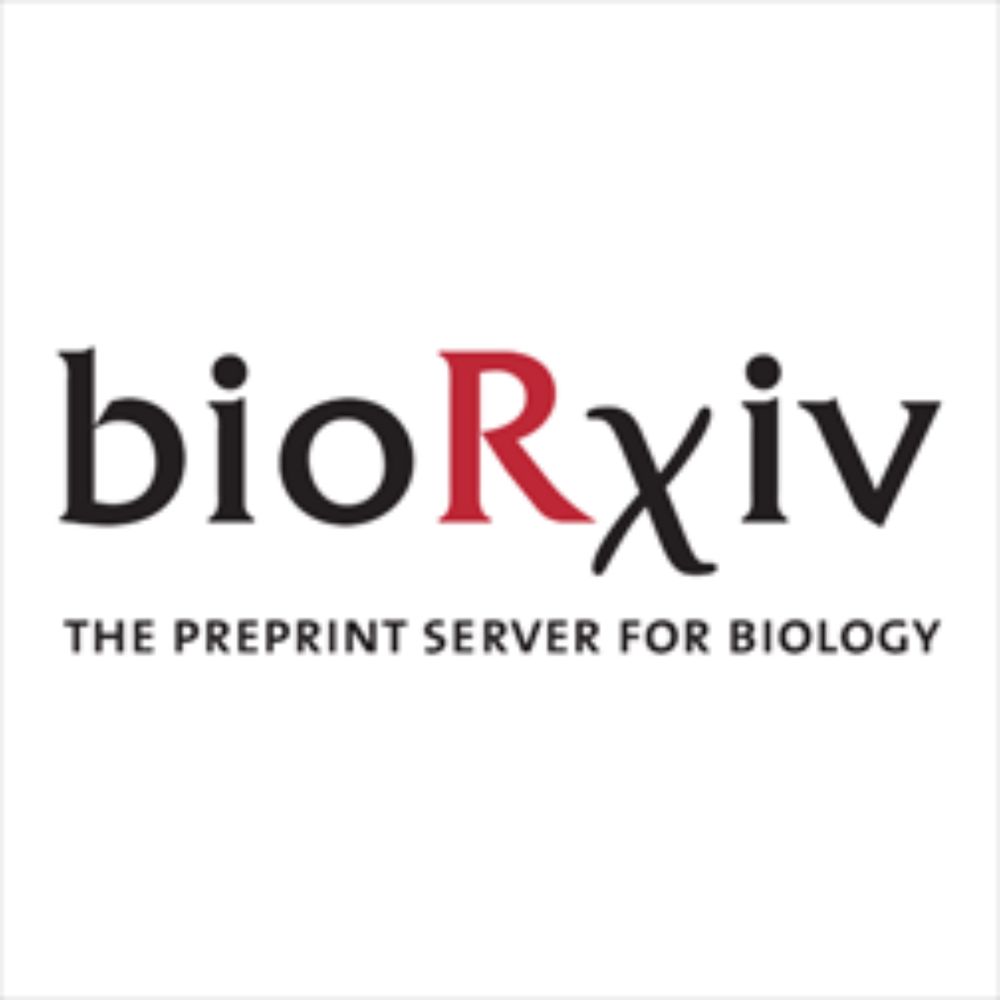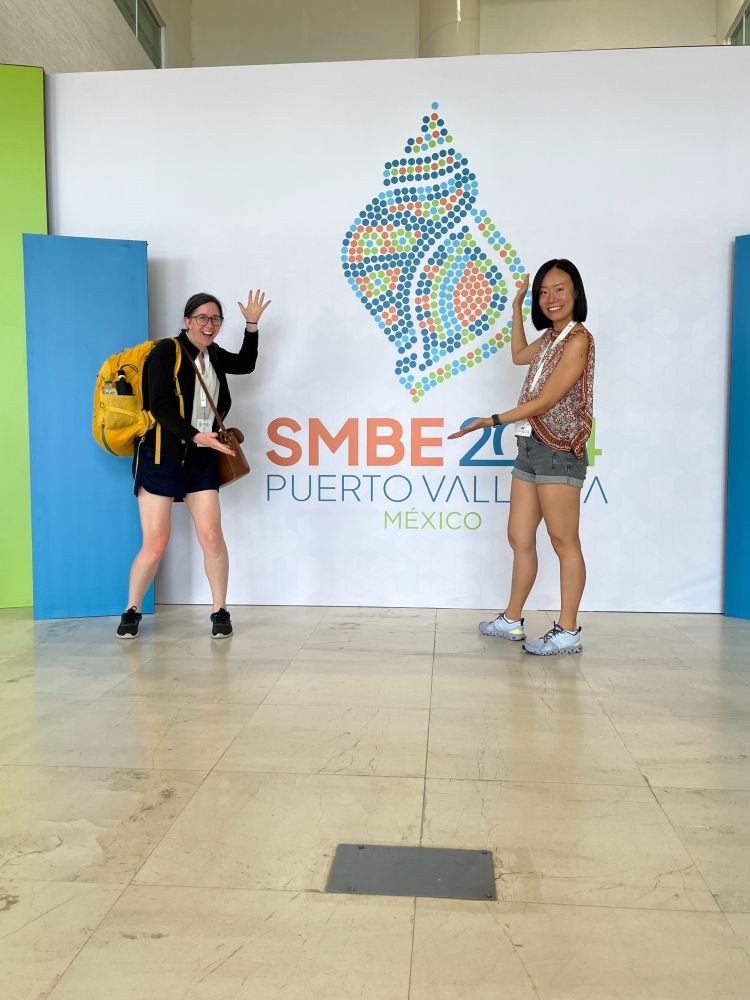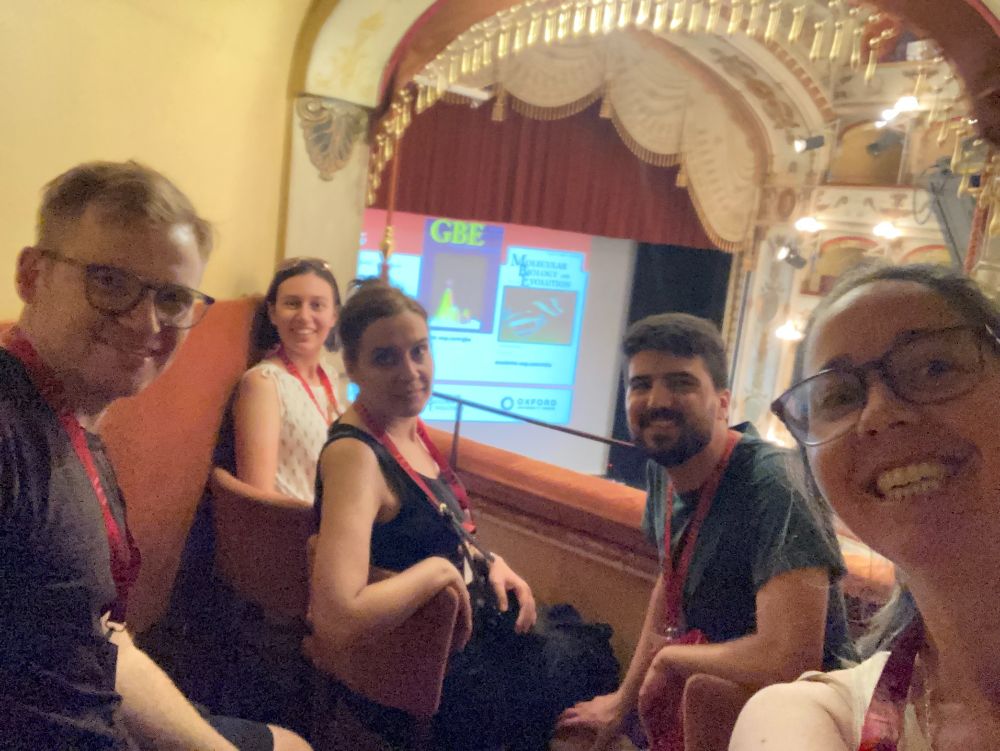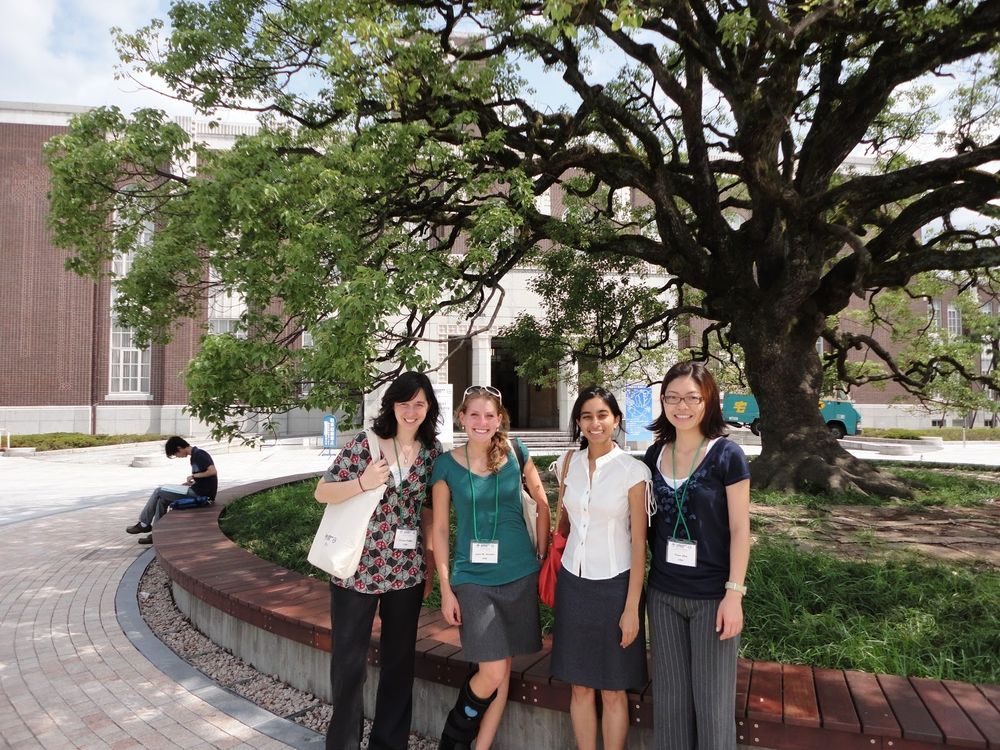Alison Feder
@alisonfeder.bsky.social
2K followers
750 following
95 posts
Rapid evolutionary dynamics in viruses, cancer and bacteria. Assistant professor at UW Genome Sciences. federlab.github.io
Posts
Media
Videos
Starter Packs
Pinned
Reposted by Alison Feder
Reposted by Alison Feder
Alison Feder
@alisonfeder.bsky.social
· Aug 30
Reposted by Alison Feder
Joao Ascensao
@joaoascensao.bsky.social
· Aug 21

Frequency-dependent fitness effects are ubiquitous
In simple microbial populations, the fitness effects of most selected mutations are generally taken to be constant, independent of genotype frequency. This assumption underpins predictions about evolutionary dynamics, epistatic interactions, and the maintenance of genetic diversity in populations. Here, we systematically test this assumption using beneficial mutations from early generations of the Escherichia coli Long-Term Evolution Experiment (LTEE). Using flow cytometry-based competition assays, we find that frequency-dependent fitness effects are the norm rather than the exception, occurring in approximately 80\% of strain pairs tested. Most competitions exhibit negative frequency-dependence, where fitness advantages decline as mutant frequency increases. Furthermore, we demonstrate that the strength of frequency-dependence is predictable from invasion fitness measurements, with invasion fitness explaining approximately half of the biological variation in frequency-dependent slopes. Additionally, we observe violations of fitness transitivity in several strain combinations, indicating that competitive relationships cannot always be predicted from fitness relative to a single reference strain alone. Through high-resolution measurements of within-growth cycle dynamics, we show that simple resource competition explains a substantial portion of the frequency-dependence: when faster-growing genotypes dominate populations, they deplete shared resources more rapidly, reducing the time available for fitness differences to accumulate. Our results demonstrate that even in a simple model system designed to minimize ecological complexity, subtle ecological interactions between closely related genotypes create frequency-dependent selection that can fundamentally alter evolutionary dynamics. ### Competing Interest Statement The authors have declared no competing interest.
doi.org
Reposted by Alison Feder
Tera Levin
@teralevin.bsky.social
· Aug 5

Hypermutable hotspot enables the rapid evolution of self/non-self recognition genes in Dictyostelium
Cells require highly polymorphic receptors to perform accurate self/non-self recognition. In the amoeba Dicytostelium discoideum, polymorphic TgrB1 & TgrC1 proteins are used to bind sister cells and e...
www.biorxiv.org
Reposted by Alison Feder
EvolDir
@evoldir.bsky.social
· Jul 24

We are a computational lab focusing on developing machine learning algorithms for biological data. Currently we are working on inference tasks related to natural selection and demographic inference, as well as generative models for genomic data from humans, mosquitos, and other species.
saramathieson.github.io
Reposted by Alison Feder
Alison Feder
@alisonfeder.bsky.social
· Jul 9
Reposted by Alison Feder
Reposted by Alison Feder
Alison Feder
@alisonfeder.bsky.social
· Jun 27










